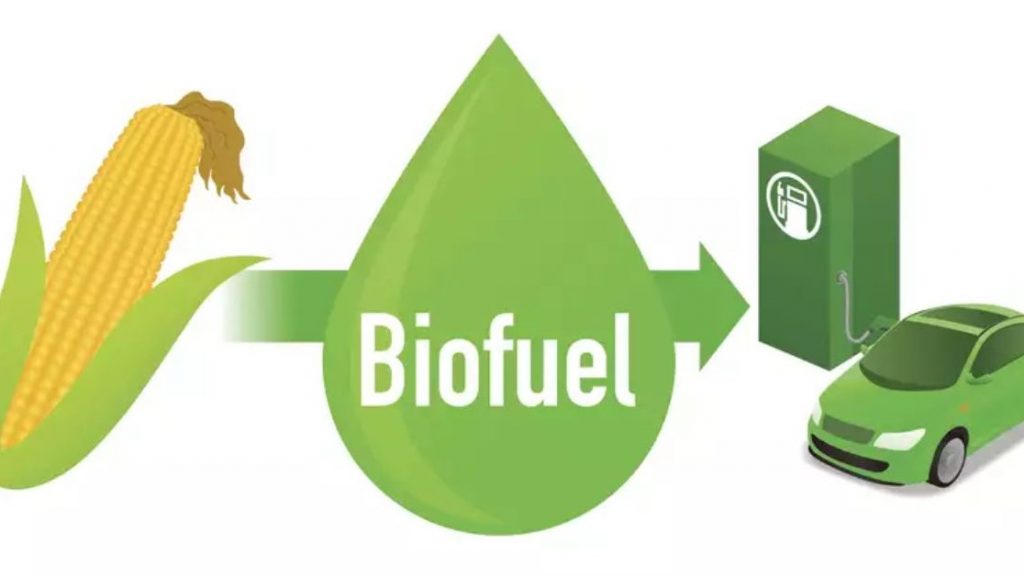Be8 declares that Be8 BeVant will begin manufacturing in the upcoming month. With its revolutionary bio-distilled methyl ester biofuel, Be8 BeVant, fossil diesel can be completely replaced while lowering greenhouse gas emissions by as much as 50%. All the company needs to begin operations is a license from the National Agency of Petroleum, Natural Gas, and Biofuels (ANP). By the end of this year, the first production capacity of 28 million liters of biofuel annually is anticipated to be sold.
Up to 50% less carbon monoxide, 85% less particulate matter, and 90% less black smoke are released when the ester concentration is increased. This new fuel’s use is concentrated on the main economic sectors that want to speed up decarbonization.
“The great advantage of Be8 BeVant is that it is ready to be used immediately in current engines and new truck versions at a competitive cost, unlike other technologies that depend on future infrastructure and investments,” says Erasmo Carlos Battistella, President of Be8.
Deals with customers in the mining, urban transit, and agriculture industries are currently under way, and deliveries are anticipated by the end of 2024. In contrast to alternatives like hydrogen or electric vehicles, the product is not only an easily implementable and accessible option, but it also does not necessitate major modifications to engines or infrastructure.
The new biofuel has demonstrated superior lubrication and quality, and its benefits and features have been validated during the engine testing phase on a test bench. In collaboration with fleet operators and engine manufacturers, Proofs of Concept (PoC) were carried out.
The expertise Be8 has accumulated in Europe and the US, including running a biodiesel plant in Switzerland, is the source of innovation.
“We are facing an immediate solution for companies seeking to meet their short-term decarbonization goals,” said Erasmo Carlos Battistella, President of Be8.
According to market demand, Be8 intends to increase output at the Marialva (PR) and Passo Fundo (RS) facilities. An estimated 50% less will be paid for the product than the present price of green diesel (hydrotreated vegetable oil, or HVO) on the global market. In order to differentiate itself from other biofuels, it also has the distinctive color green.
The new biofuel appears as a strategic ally in a situation where many businesses are dedicated to becoming carbon neutral by 2030, particularly with the passage of Law 14.993/24. The so-called Future Fuel Law is a crucial component of the national plan to achieve the decarbonization targets outlined in the Global Commitment for Renewable Energy and Energy Efficiency, which was agreed by 116 nations at the most recent COP, and the Paris Agreement. By 2030, the world’s installed capacity for producing renewable energy is to be tripled, and the yearly pace of energy efficiency gains worldwide is to be doubled. One nation that has the potential to emerge as a global leader in renewable energy is Brazil.
Tags: Biofuels, Decabonization, Electric Vehicles, Infrastructure, Renewable Energy



Recent Posts
Japan Launches Major R&D Project to Advance Shipbuilding with Alternative Fuels
EU Adopts Emissions Standards for Low Carbon Hydrogen to Bolster Clean Energy Market
Trafigura to Implement ZeroNorth’s AI Platform Across Global Fleet
Cochin Shipyard to Construct eCap Marine’s Hydrogen-Fuelled SeaShuttles for Samskip
India Strengthens Hydrogen Economy with Hyundai-IIT Madras Innovation Centre
India Showcases Green Maritime Ambitions at London Investment Meet
Hong Kong Launches Incentive Scheme to Promote Green Maritime Fuel Bunkering
MSC Hosts Sustainability Experience in Antwerp for Global Supply Chain Leaders